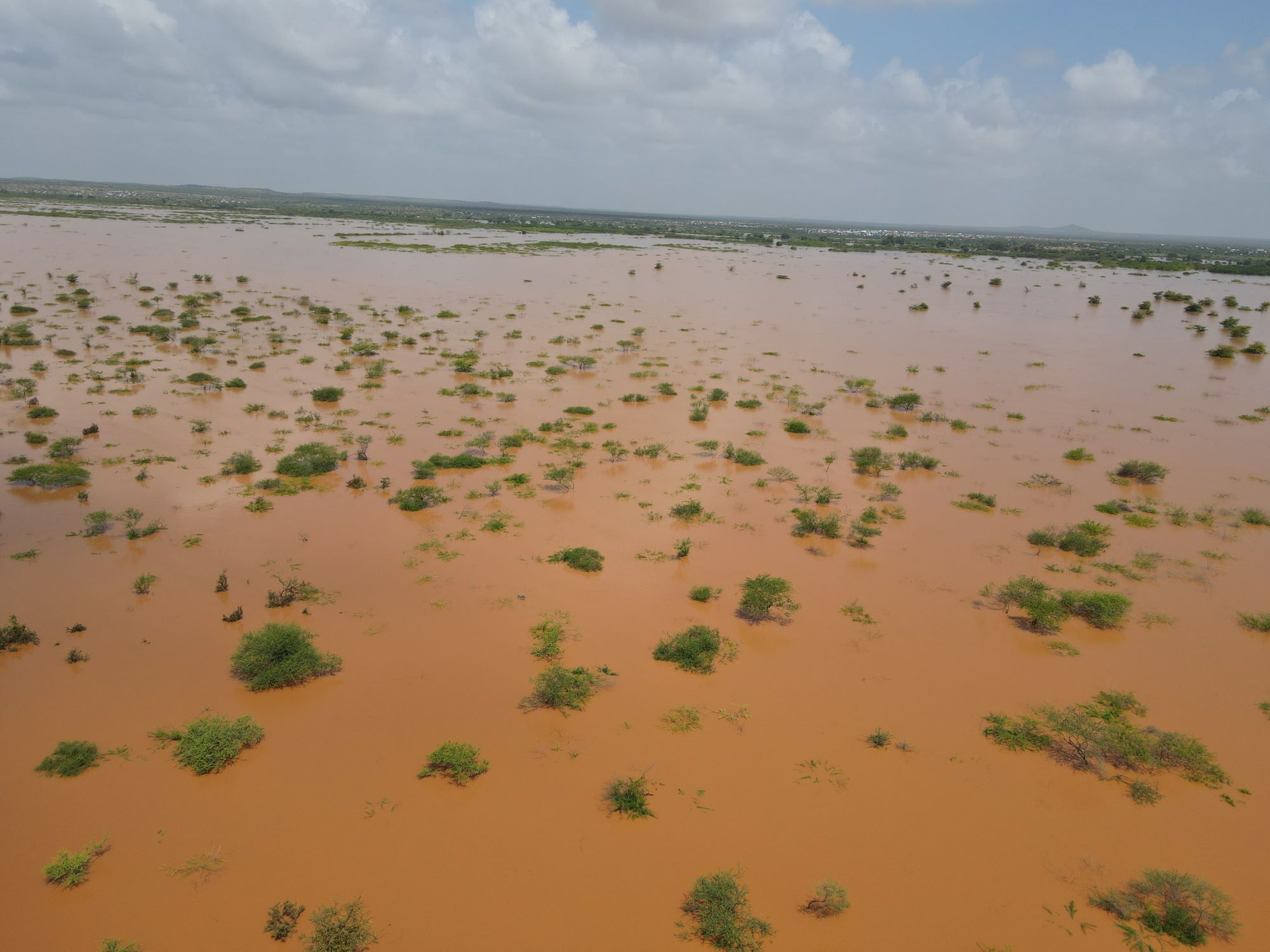Famine looming over millions in Sudan is a stark warning to the world to act now to evert hunger-related child mortality
- Over half the population of Sudan (6M people) are likely to face crisis or worse conditions of food insecurity (IPC Phase 3 or above) – June2024-September2024
- 5M people (18 percent of the population) are likely to experience high levels of acute food insecurity (IPC Phase 4 - Emergency) – June2024-September2024
- Residents, IDPs and refugees are at risk of famine across 14 areas – June2024-September2024
- Nearly 9 million children facing acute food insecurity and over 700,000 children under-5 are at risk of dying.
Press Release, 28 June 2024 – Sudan has reached a tipping point where hundreds of thousands of children are experiencing hunger and malnutrition. Hunger and food insecurity have life detrimental long-term effects on children’s physical and cognitive development. During food shortages, children’s access to education is also cut short and this exacerbates serious protection concerns, especially for girls, pushing them into situations of hazardous work, early marriage, or sexual exploitation and abuse.
As per the latest Integrated Food Security Phase Classification (IPC) snapshot, Sudan is facing the worst recorded levels of acute food insecurity. The report reveals an increase from 17.7 million in March to 25.6 million are likely to face high levels of acute food insecurity (IPC 3 and above). 8.5 million people are likely to experience IPC 4 levels of extreme food shortages which is a 74% increase from the previous IPC update. At the IPC 5 catastrophe-level, starvation, death, destitution, and extremely critical acute malnutrition levels are seen. At these levels, over 1,000 people per day are at risk of death. According to UNICEF, over 700,000 children under-5 are at risk of dying. Sudan is on the brink of famine.
More children are displaced in Sudan than anywhere else in the world. Since the conflict broke out in April 2023, an additional 7 million people have been displaced within Sudan, bringing the estimated number of internally displaced persons in Sudan to over 10 million. The ongoing conflict has put children at risk, forcing them and their families to flee from conflict and making their future uncertain.
“When I get back home, I may not find anything to eat. This is frustrating me. I pray that the conflict ends soon so that we can live in peace and get back to school. I have dreams of becoming a doctor someday. We ask aid agencies to support us,” 15-year-old Amani, who has been displaced due to ongoing hostilities.
The last time famine was declared in East Africa was in South Sudan in 2017, and before that, Somalia in 2011. In those cases, hundreds of thousands of lives were lost and children have suffered long-term impacts from malnutrition and loss of agriculture outputs. The situation in Sudan is similarly grim. The conflict between parties in Sudan is driving a hunger crisis dangerously approaching famine and is impacting millions of people.
The country has also been affected by climate change and below-average precipitation for the third season in a row. The ongoing conflict coupled with climate-induced weather conditions has further made the situation worse and impossible to grow or plant anything. There is no harvest.
"It is truly heartbreaking to see food scarcity and deprivation on the rise. We have a looming catastrophic situation that is quickly approaching. The majority of families are feeling helpless and they are desperate with nothing to feed their families,” said John Makoni, Interim National Director for World Vision Sudan.
Growing food insecurity in East Africa has seen World Vision respond to the impact of hunger in seven countries across the region since April 2021, including Sudan. World Vision is in-country providing much-needed life-saving relief assistance. Through our Sudan Crisis and Migration Response, World Vision has reached nearly 1.8 million people including children, in Sudan alone, with life-saving relief assistance including food assistance, WASH (Water, Health and Sanitation) and protection services, and multi-purpose cash assistance that provides affected people with the choice, control and flexibility to buy what they need.
“This is the worst hunger crisis that has ever been recorded in Sudan. The biggest challenge aid agencies are facing is humanitarian access. We need unhindered access to reach the people most in need with life-saving assistance. Any further delays can be catastrophic and will result in deaths. It is evident the most vulnerable children and their families are bearing the brunt of the conflict," concluded Makoni.
World Vision is committed to addressing the increasing food insecurity crisis in Sudan so that children and their families affected by the ongoing conflict have access to nutritious food for their well-being and development. The international community and parties to the conflict must take immediate action to prevent a catastrophic malnutrition emergency.
World Vision is also calling for aid agencies’ humanitarian imperative to be fully respected and given unhindered access to those in need.
ENDS
For more information, please contact:
Carey Ellis, Media Manager
M: 07786 333 784 | E: carey.ellis@worldvision.org.uk
Karla Harvey, Media Manager
M: 07786 333 784 | E: karla.harvey@worldvision.org.uk
Notes to Editor
World Vision is an independent, impartial and politically neutral humanitarian organization. Our response team is in Sudan and the neighboring countries, providing much-needed life-saving humanitarian assistance to millions of people displaced by conflict.
World Vision is a Christian humanitarian and development organisation dedicated to working with children, families and their communities to reach their full potential by tackling the root causes of poverty and injustice. World Vision and their partners are working in communities to improve families’ economic prospects, strength violence prevention and child protection services, and improve education systems.
Through World Vision’s Global Hunger Response and ENOUGH campaign, the organisation is responding to the immediate needs of the most vulnerable girls, boys, and their families who are experiencing acute hunger in 28 countries of highest alert where World Vision operates, highlighting the driving factors and impacts of hunger, malnutrition, and food insecurity on children globally, and advocating to governments and donors to do more to prevent mass starvation.
World Vision serves all people, regardless of religion, race, ethnicity or gender.




